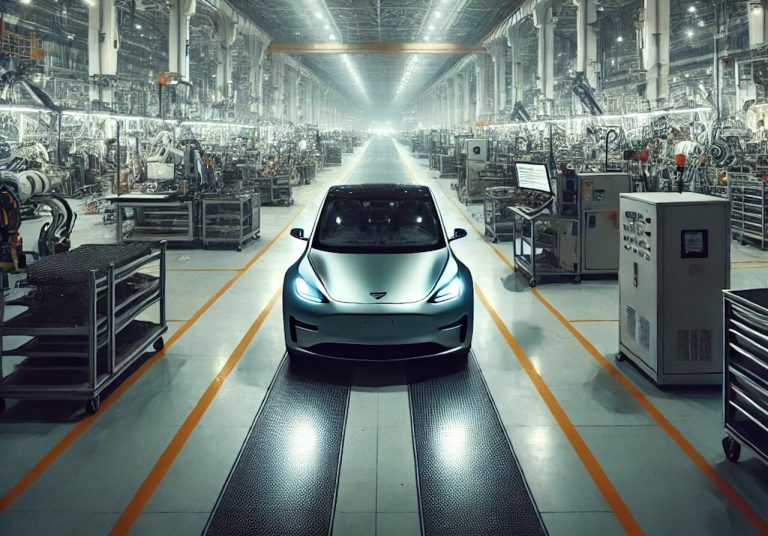
The auto industry has an addiction. It's a “capital junkie” that has been spending unprecedented amounts on all-electric and autonomous vehicles for years. Now, it's waking up from alcoholism and entering rehab. [emphasis, links added]
Automakers from Detroit to Japan and Germany are trying to cut costs and spending amid economic concerns, wasted billions on self-driving cars and investments in electric vehicles as their adoption has been slower than expected. Returns are long-term (if not uncertain).
The problems come on top of weak consumer demand, rising commodity costs and warnings from some Wall Street analysts that the continued expansion of China's auto industry will lead to peak global auto sales and profits.
General Motors and Ford are cutting billions of dollars in fixed costs, including laying off thousands of workers. While other car manufacturers, e.g. Nissan Motor Co., Volkswagen Group and Chrysler owner Stellantis are taking tougher steps to reduce headcount and cut spending.
“West [automakers] Morgan Stanley analyst Adam Jonas said in a September investor note that a growing focus on capital efficiency could mean lower spending, greater collaboration and a restructuring of electric vehicle portfolios to prioritize profits.
The automotive industry is a global network of companies that produce tens of thousands of parts to assemble new cars.
Every time an automaker launches a new product or updates an existing model, it requires significant capital investment, creating a ripple effect of spending throughout the global supply chain.
But in recent years, automakers have put such investments into the breakneck pace of autonomous and electric vehicles.
Companies invest tens of billions of dollars in these technologies, but most see little to no return on investment in the short to mid-term.
According to data from automotive consultancy AlixPartners, research and development costs and capital expenditures of the top 25 automotive companies have increased by 33%, from approximately US$200 billion in 2015 to US$266 billion in 2023.
GM's such costs increased about 62% from 2015 to 2023, to $20.6 billion (excluding sold European operations), even though global sales fell 38% during the same period.
That compares with Volkswagen's 42% growth over the same period; Toyota's 37%; Fiat Chrysler's successor Stellantis' 27%; and Ford's 18%.
Since 2022, electric vehicle startups Rivian Automotive and Lucid Group have burned through $16 billion and $8.8 billion in free cash flow, respectively. Both companies are trying to increase vehicle production and narrow losses.
This isn't the first time the auto industry has spent big money and then tried to cut costs quickly.
Periods like this happen in cyclical industries like automotive, but can the spending be avoided — or at least mitigated — this time?
Read CNBC's “Break”
